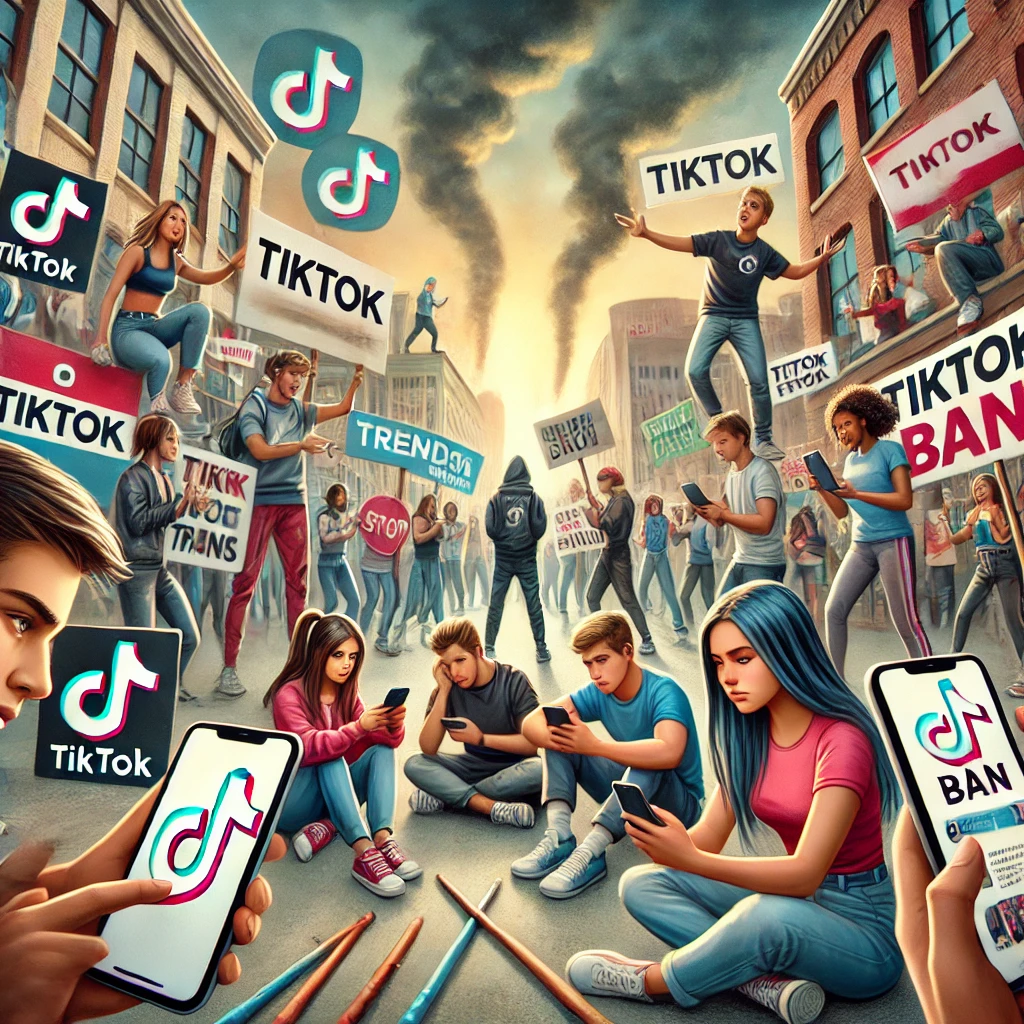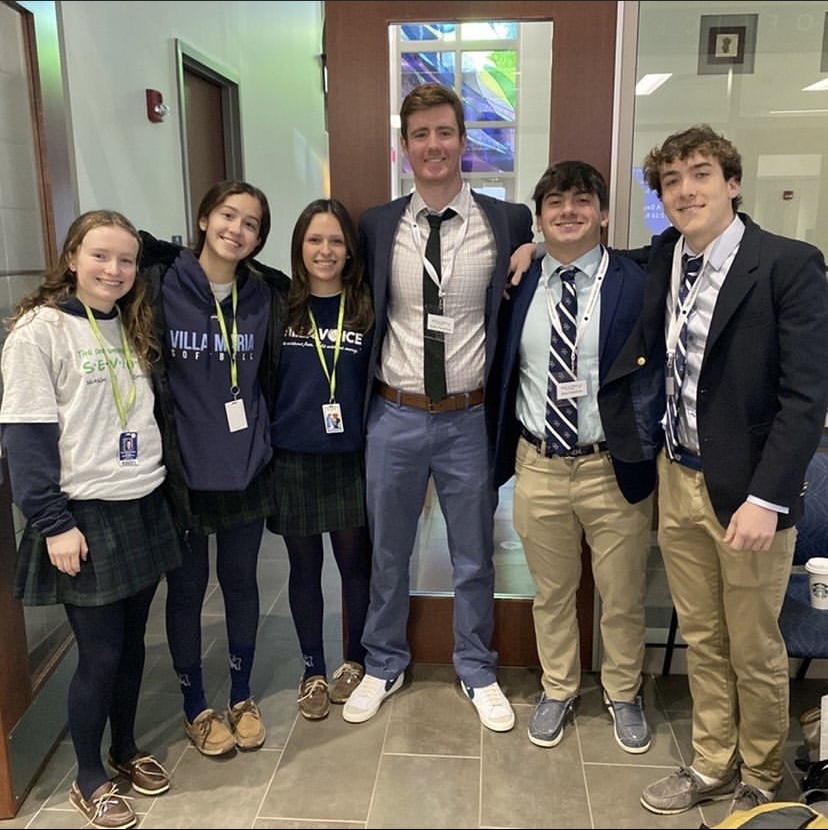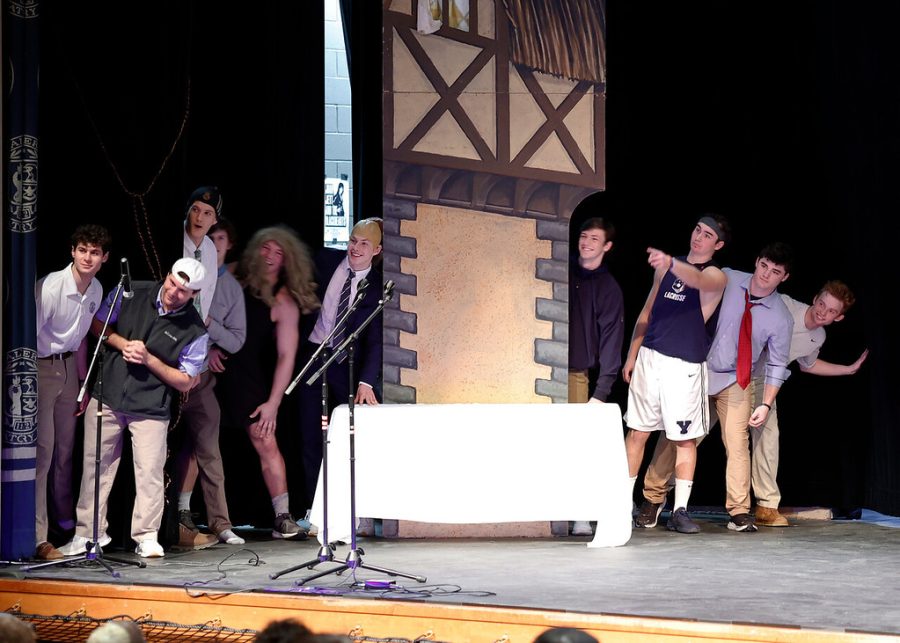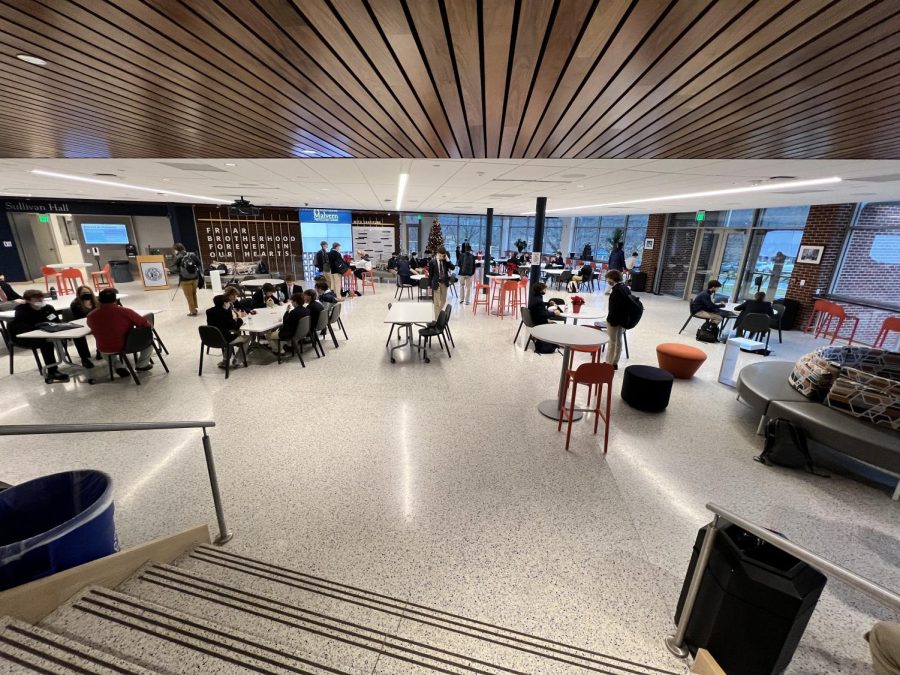
Academic dishonesty has been called a “crisis in American schools,” by an April 2014 ABC News piece. The Education Testing Service, a nonprofit educational research center, has found that 75% of high school students have cheated at some point during high school. Among 20,000 of the nation’s top students surveyed in “Who’s Who Among American High School Students,” 80% had cheated, including 50% that said cheating is “not a big deal.”
Malvern is not immune to this national “crisis.” Surveys conducted by Mr. Dougherty, Dean of Students and informal polls in counseling classes show that cheating is prominent on campus.
The Malvern Prep Student Handbook defines cheating as “attempting to represent another’s academic works as one’s own or using inappropriate written or verbal aid.” The Handbook explains that “students are always expected to act independently, unless otherwise advised by their teacher.”
In recent years, Malvern, and the way it views ownership of work, has changed. With a new strategic vision and evolving approaches to learning, collaboration has become key. Have students misconstrued the purpose of ‘collaboration’ or are they using it as intended?
The majority of the Editorial Board believes that cheating must be redefined. Malvern is at the cutting edge of education, and the regulations of cheating should follow suit.
There is no place where we will be sheltered as much as we are in high school. In a real world scenario, almost all work is completed in groups or in collaboration with others. When something needs to be accomplished, ideas will be formulated and compiled by a team, not just by one.
Jobs in the future will not only be determined off of the pure intelligence of prospects but also by how resourceful they are. In Top Grade, a book by internationally renowned management consultant Bradford Smart, it is stated that those seeking jobs no longer need a vast knowledge base. It makes sense. Information is all around us, readily available at the touch of a few buttons or with a simple query. Because of that, Smart says the “virtue of ‘resourcefulness’ is now the most important skill to find and hire.” When a problem arises in a real-world setting, the future Malvern student will not only have colleagues to support him, but the internet as well.
The internet has changed the face of work. Students no longer work independently, but instead with the world at our fingertips.
We will never be expected to be as academically sheltered and individualistic as we are expected to be as high schoolers. Most resources are available in the real-world; so why should Malvern not grant the same to its students?
The response may be that Malvern is a college preparatory school, and that in college the resources will not all be available to students. However, we are ahead of many colleges in our student-centered learning approach. Thus, we believe that the school’s policy of academic dishonesty should be at the forefront as well.
Malvern is not simply a college preparatory school, but a preparation for life. We are in a unique situation in which the administration and the disciplinary system have the opportunity to give their students a greater advantage against any other school in the country.
We acknowledge that collaboration must also encourage students to think and create individually, and to build on their own. However, the line upon which we separate cheating and useful collaboration must be redrawn to allow more activities to be collaborative.
The guiding quote that Malvern takes with regard to Veritas, or Truth, is this:
Malvern is dedicated to the pursuit of Truth through academic excellence and the growth of each of its students, so that he is prepared fully for college and a life of integrity and courageous leadership.
We believe courageous leadership is not found in those who do not cheat, but rather in those teachers and students who embrace collaboration as preparation for our future. We stand strong to affirm that the best way to ensure “he is prepared fully for college and a life of integrity and courageous leadership” is to develop the skills of collaboration and resourcefulness in our school community.






